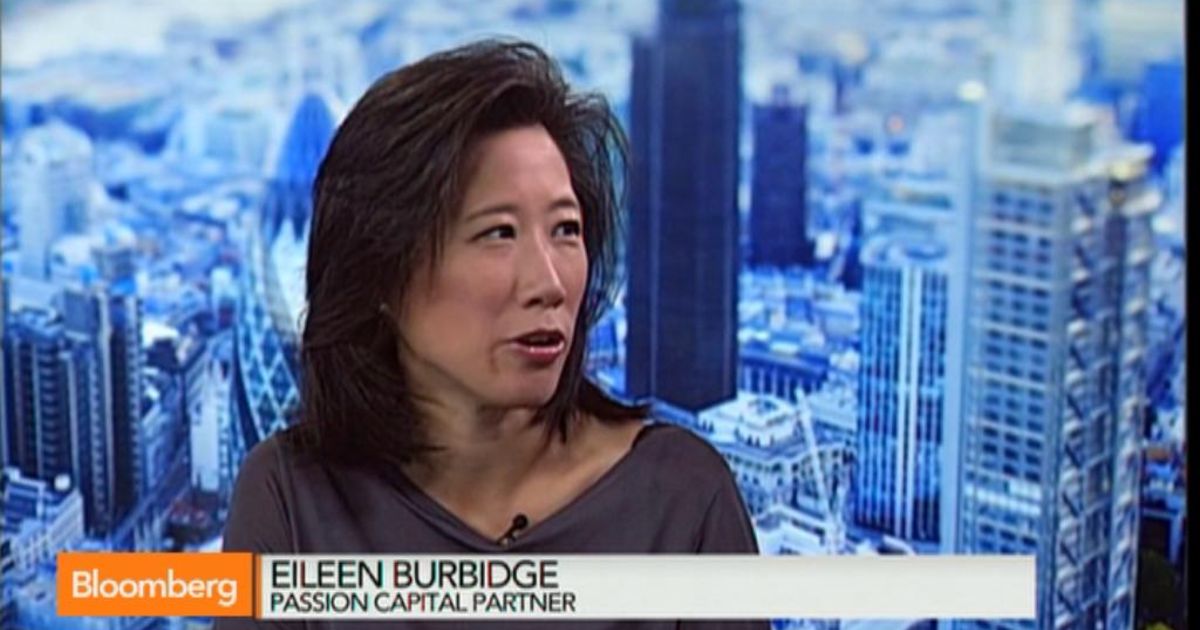UK continues to be a trailblazer in tech and creativity

Partner content
As Brexit uncertainty continues to mount, some welcome news can be found in the latest investment data, which highlights that when it comes to the world’s tech sector, the UK’s enjoying unprecedented attention from overseas, writes Arif Durrani
Some £5.5 billion ($6.7bn) worth of foreign investments were directed towards UK tech firms between January and July 2019, a tub thumping 43% rise year on year, according to the UK Digital Economy Council and Tech Nation.
More than half, £3.0bn ($3.7bn), of these investments have come from the US and Asia, and the UK has now overtaken the US in terms of foreign tech investment per capita.
Among the beneficiaries has been Deliveroo. The food delivery service is now planning a major expansion after securing £616.8 million in funding from Amazon.com Inc., among others. The London-based company has plans to reach half of the UK’s population by the end of the year, up from the current third today.
“We are going to go into the suburbs and into the smaller towns,” said Deliveroo’s CEO Will Shu at Bloomberg’s Sooner Than You Think event in London this summer (pictured above with Caroline Hyde). “We think this is a universal problem—getting great food delivered quickly—and we’re going to do this [expansion] in other Europe countries as well.”
Elsewhere, Stephen Fitzpatrick, CEO of Vertical Aerospace , is talking to investors to develop plans for his inter-city flying taxi services. The CEO has already secured £200m worth of investment from Japan’s Mitsubishi Corp for his other thriving tech business, Ovo Energy.
Japan’s Softbank and Singapore’s Clermont Group have invested $400 million in OakNorth Bank, the online bank that is riding a wave of interest by providing loans for small and medium-sized companies; another positive nod to the UK’s resilient entrepreneurialism.
Other companies to receive substantial international backing range from fintech and travel disruptors to cyber security and payment specialists, including Starling Bank, Skyscanner, Darktrace, Greensill and Checkout.com.
Investors clearly sense opportunities. In the last year, the UK has created 13 new unicorns — privately-owned tech companies valued at over $1bn – placing us third in the world rankings, behind only the US and China in producing successful global tech startups.
As Eileen Burbidge, chair of Tech Nation and partner Passion Capital, says: “There’s never been a better time to be working in the UK digital tech sector. We are really punching above our weight, as demonstrated by the fact that a third of Europe’s unicorns have been produced here and 30 per cent of future unicorns are also based in the UK.”
 Eileen Burbidge
Eileen Burbidge
Funding growth is no doubt being encouraged by the weak pound, but it’s being driven by British innovation. Investors do not act on cost alone, in fact overall foreign direct investment into the UK slumped to a six-year low in June, according to figures from the Department for International Trade.
Nurturing Top Talent
This is good news for our talent pool and home-grown businesses. The UK tech scene is currently receiving around $1bn a month from both foreign and domestic investors, and its top 30 companies have created more than 5,000 new jobs in the UK this year.
It has far reaching implications. In our education system, a growing interest in tech and innovation jobs is being reflected across subjects, where the number of STEM A-Level entries were up 1.7% in England this summer.
Overall, the number of boys and girls taking science subjects at A-Level has risen 26.2% since 2010, according to Government figures. It’s a notable success story, and within it sits a number of sweeping educational reforms as well as the news that the number of female students taking exams in A-Level sciences overtook males for the first time this year.
Improvements in diversity and inclusion in both education and the workplace really are great investments in our future.
Exploring The Power of Art +Technology
Creatively, the UK has long been recognised as a world leader. From music and film to fashion and the arts. The Advertising Association, for example, has done a great job in capturing what this means (£6.9bn in exports) for the ad industry in its first UK Exports Report this year.
“UK advertising’s success acts as a good indicator that any industry with world leading skills, knowledge and know-how is highly attractive even during uncertain political times,” says Stephen Woodford, CEO of the Advertising Association.
At Bloomberg Media Studios, the in-house creative team at Bloomberg, we’ve been exploring how art and new technology are being used together to create new experiences.
A partnership between Hyundai and Bloomberg Media Studios draws upon the deep links both groups have to the arts community, as major donors and promoters, to showcase artists at the forefront of this new tech-inspired revolution.
Led by our APAC creative director, Yuko Tsukada, the Art+Technology series seeks to unearth never told before stories featuring museum curators, artists and tech-experts, discussing new forms of creative expression.
In one recent episode, we went to the A.I. More than Human exhibition at London’s Barbican this summer. Featuring work that wouldn’t exist without an artificial helping hand, it provided a suitable backdrop to the A.I. and creativity debate by artist Anna Holsgrove and curator Anna Ridler.
In the weeks ahead, we’ll do well to remember our global reputation for tech innovation, talent and creativity. This is what attracts venture capital, growth equity and fundraising investments. It’s a heady mix and one we’ll need to nurture long after 31 October (whatever form of Brexit we take).
Arif Durrani is executive editor at Bloomberg Media Studios, EMEA




